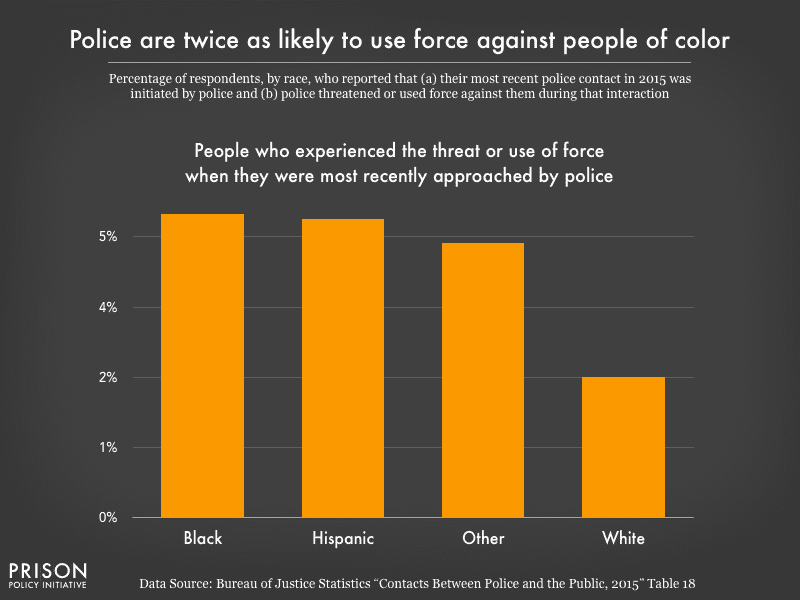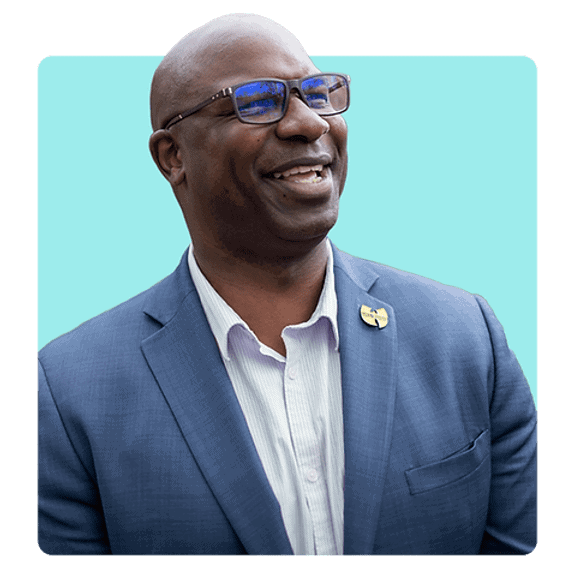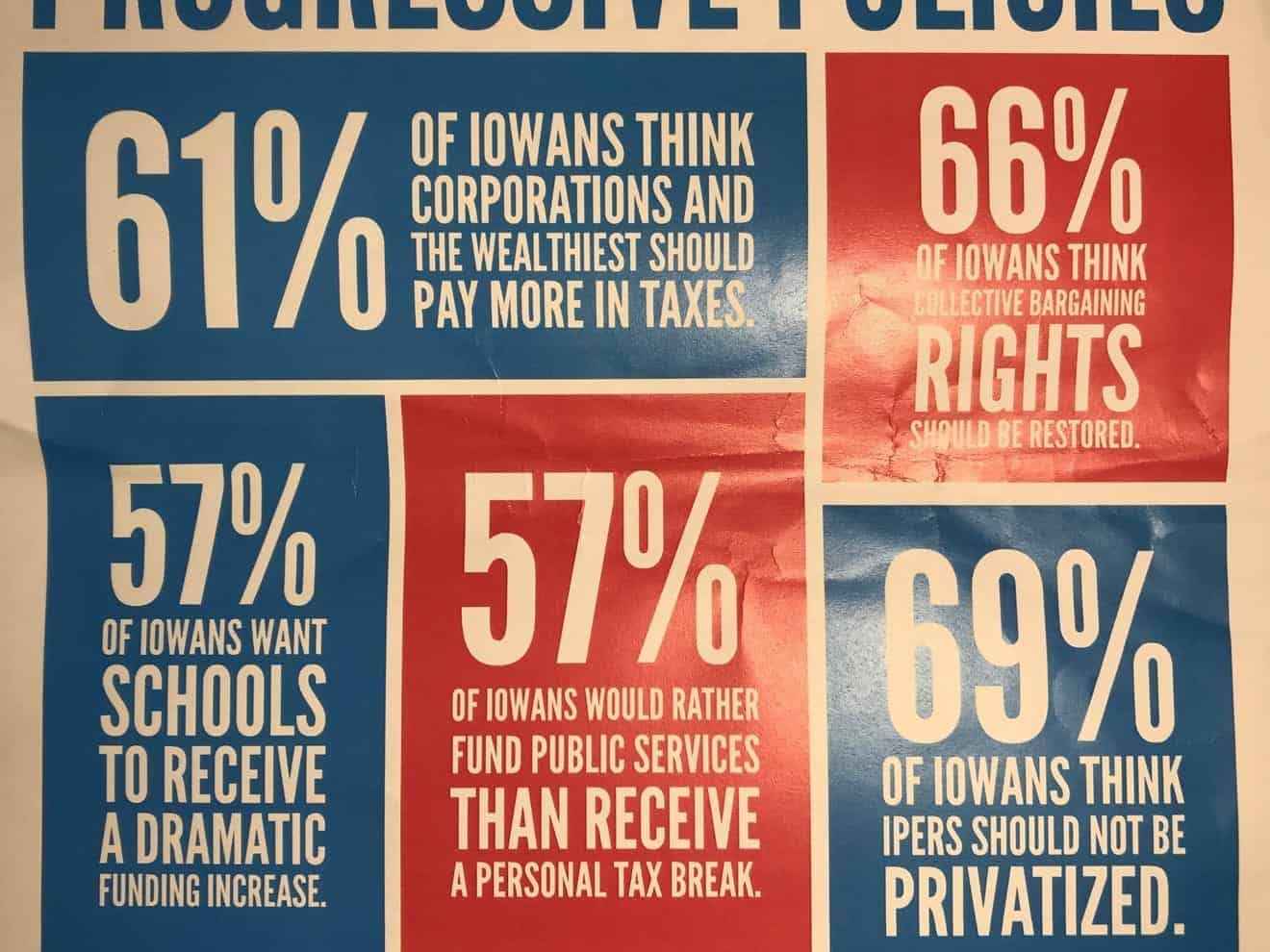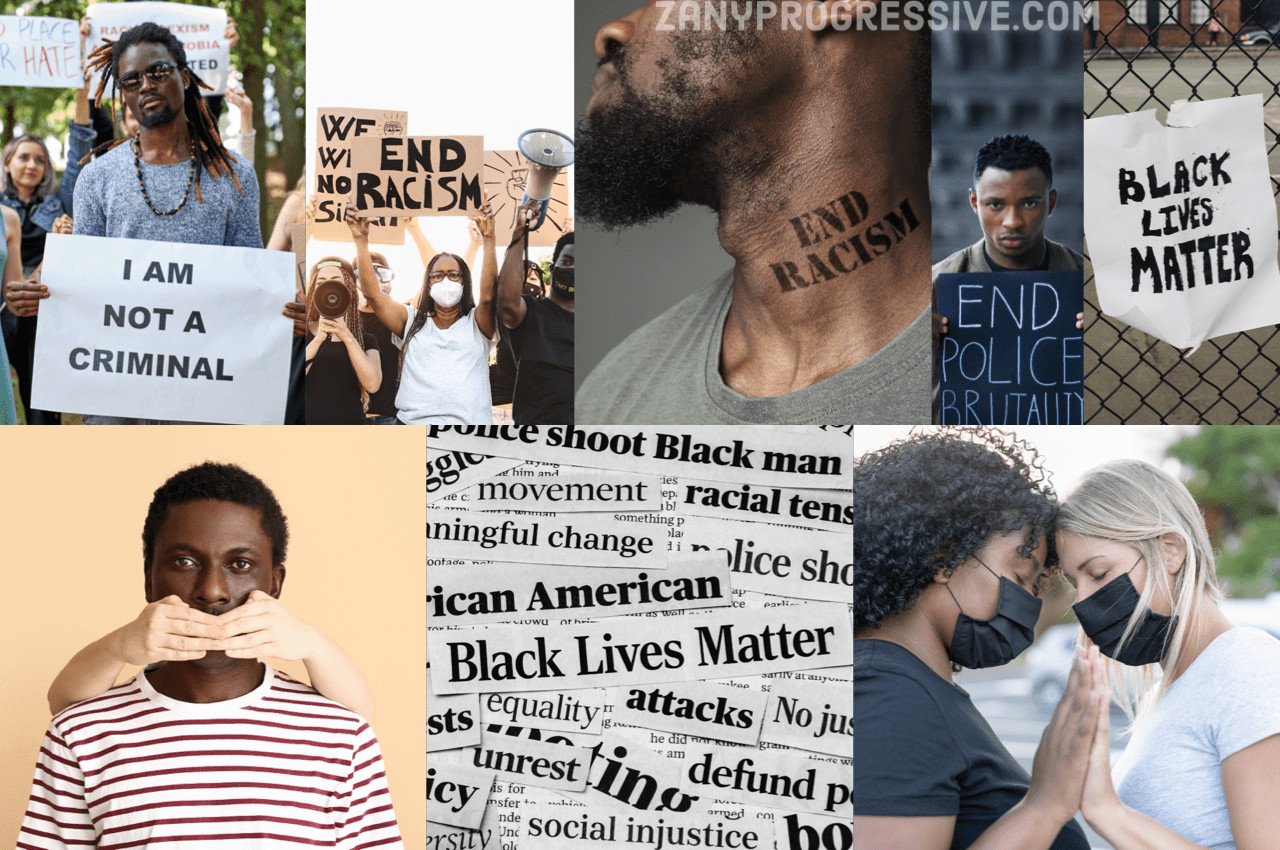The movement has its roots in a long history of progressive ideologies and activism, but it has gained significant momentum in recent decades, reflecting the changing needs and aspirations of diverse communities.
At its core, progressive politics is defined by a commitment to social, economic, and environmental justice. Progressives seek to challenge traditional power structures and institutions, advocating for radical reforms and transformative solutions to address the systemic issues that perpetuate inequality, discrimination, and oppression. This approach resonates with many individuals and communities who have long been marginalized or underserved by the status quo.
The appeal of progressive politics lies in its ability to amplify the voices and experiences of marginalized groups, and to champion policies and initiatives that aim to create a more equitable and inclusive society. From addressing issues of racial, gender, and economic inequality to tackling the urgent challenges of climate change and environmental degradation, progressive movements have emerged as a powerful force for change, pushing the boundaries of what is considered “acceptable” or “feasible” in the political mainstream.
Key Takeaways
✔️Progressive politics has been on the rise, challenging the status quo and championing social justice.
✔️It has been driving policy reforms and mobilizing grassroots activism for inclusive movements.
✔️The influence of progressive politics on media and culture has been significant, but it has also faced resistance and setbacks.
✔️Despite obstacles, progressive politics continues to shape the future of social change and is committed to overcoming challenges.
✔️The future of progressive politics looks promising, with a focus on intersectionality and inclusive movements. Read Cenk Uyger’s book Justice Is Coming to learn about the progressive battle plan.
Challenging the Status Quo
Progressive politics is fundamentally about challenging the status quo and questioning traditional power structures and institutions. Progressives recognize that the current systems and structures often perpetuate injustice, inequality, and oppression, and they are committed to disrupting these entrenched patterns through radical reforms and transformative solutions.
The Black Lives Matter movement is fighting for change and social justice. The movement is pushing for the reforms of a systemically racist criminal justice system where Black men are killed by law enforcement at an unconscionable rate.

Money in politics is one of the main goals of the movement. Its understood that the corruption of our politicians comes from the donors who pay massive amounts of money in order to influence legislation and how our Representatives in Congress vote. AIPAC has been in the news a lot recently due to the war in Gaza.
Progressives in Congress who made the “grave error” of calling for a ceasefire to stop the murder of innocent Palestinians found themselves facing primary challengers backed by millions of dollars from AIPAC.
It was not just a coincidence that the group happened to donate to the candidate running against the progressive. AIPAC purposefully gave millions of dollars to the opposing candidate in order to remove the politician who criticized the Israeli government.

This approach often puts progressive movements at odds with the political mainstream, as they push for changes that may be perceived as too radical or unrealistic. Mainstream media will often attack progressive candidates running for seats in the U.S. Senate or House of Representatives in order to increase the chances that the “corporate” Democrat will win the seat.
However, progressives are undeterred, driven by a deep-seated belief that the status quo is unacceptable and that bold, sweeping changes are necessary to address the root causes of societal problems.
Progressives are not content with incremental reforms or half-measures; they seek to fundamentally reshape the political, economic, and social landscape. This can involve advocating for policies that challenge the dominance of corporate power, calling for the dismantling of systemic racism and other forms of discrimination, or pushing for a radical transformation of the energy and transportation sectors to address the climate crisis.
By disrupting the political mainstream and challenging the boundaries of what is considered “feasible,” progressive movements aim to create the conditions for more equitable, sustainable, and just societies.
Championing Social Justice
At the heart of progressive politics is a deep commitment to social justice, addressing issues of inequality, discrimination, and oppression that have long plagued societies around the world. Progressives recognize that these systemic problems cannot be solved through piecemeal solutions or by tinkering at the margins; instead, they advocate for bold, transformative changes that address the root causes of injustice.
This commitment to social justice manifests in a range of ways, from amplifying the voices and experiences of marginalized communities to promoting policies and initiatives that aim to create a more equitable and inclusive society. Progressives work to elevate the perspectives and narratives of those who have been historically underrepresented or silenced, ensuring that their needs, concerns, and aspirations are at the forefront of the political agenda.
The protests for peace and an end to the year-long slaughter of Palestinian women and children in Gaza are an example of this.

Moreover, progressive movements are often at the forefront of efforts to address issues of racial, gender, economic, and social inequality. They push for policies and reforms that aim to dismantle systemic barriers, provide greater access to resources and opportunities, and empower marginalized groups to participate fully in the political, economic, and social spheres. This holistic approach to social justice recognizes the interconnected nature of different forms of oppression and seeks to create a more equitable and inclusive society for all.
Driving Policy Reforms
Progressive politics is not just about challenging the status quo or championing social justice; it is also about driving concrete policy reforms that can create tangible change in people’s lives. Progressives understand the importance of influencing the legislative process and shaping the policy agenda, using their collective power and grassroots mobilization to push for progressive legislation on a range of issues.
From healthcare and education to environmental protection and labor rights, progressive movements have been at the forefront of efforts to enact transformative policies that address the needs of marginalized communities and promote the common good. This involves engaging with policymakers, lobbying for progressive bills, and leveraging grassroots movements to create political pressure and drive change.
Progressives recognize that the path to policy reform is often long and arduous, with entrenched interests and powerful opposition seeking to maintain the status quo. However, they remain undaunted, employing a range of tactics and strategies to navigate the complexities of the political system and secure victories, no matter how incremental or hard-won they may be.
Progressives always advocate for political pressure through protests and votes. They are against political violence and are quick to call out members of the movement who engage in it. Unfortunately, peaceful protests often attract outside agitators who can quickly destroy the ground gained through protesting peacefully by providing others with ammunition to label the entire movement as “violent.”

The college campus protests were an excellent example of this phenomenon. A majority of the students protesting Israel’s slaughter of Palestinians were Jewish. Members of counter protests (pro-Israel) violently attacked students calling for peace by throwing fireworks into the encampments, tearing down barriers and assaulting the protesters. Security teams stood by and watched. Police came in and arrested peace protesters while nothing happened to those who instigated violence against them.
In the end it turned out to be an agreement of sorts among members of the media, politicians, and college administrators—demonize students protesting for peace and support students counter-protesting on behalf of Israel.
By influencing the policy agenda and pushing for progressive legislation, progressive movements are able to translate their ideals and aspirations into tangible, real-world impacts, improving the lives of individuals and communities across the country and around the world.
Grassroots Mobilization and Activism

Grassroots mobilization and activism are at the heart of progressive politics, as they provide the foundation for collective action and the driving force behind the push for social, economic, and environmental change. Progressive movements recognize the power of community-based organizations and social movements in amplifying the voices of marginalized groups and creating the necessary political pressure to drive meaningful reforms.
Through a range of tactics, including protests, civil disobedience, and direct action, progressive activists and organizers work to raise awareness, build coalitions, and demand accountability from those in power. These grassroots efforts are not just about making noise or disrupting the status quo; they are about engaging citizens in the political process, empowering them to become active participants in shaping the future of their communities and society as a whole.
By leveraging the collective power of individuals and communities (like the one here on Zany! Become a member for free now), progressive movements are able to challenge entrenched power structures, push the boundaries of what is considered “acceptable” and create the conditions for transformative change. This approach recognizes that lasting, systemic change often requires sustained, grassroots-driven efforts, as opposed to relying solely on top-down, institutional reforms.
Through their commitment to grassroots mobilization and activism, progressive movements are able to amplify the voices and experiences of marginalized communities, build coalitions and alliances across diverse groups, and create the necessary momentum to drive policy reforms and challenge the status quo.
In the wake of the Supreme Court overturning Roe v. Wade, the coalition-building and grassroots movements of organizations across the country have been remarkable. Men4Choice, a group founded by a young man who learned that men are motivated to knock on doors and vote for Kamala Harris after speaking with other men about the issue of abortion. The founder explained that once he talks to a man about abortion and how the loss of that right to choose directly affects them and the women in their lives, he is immediately energized to go out and talk to other men about it. There is no substitute for men meeting men where they’re at to talk to them in a way that makes them feel comfortable.
The founder of Men4Choice has spoken about “permission structures” and how his organization created one that “allows” men to join women in the abortion rights movement. The same theory applies to members of the Republican party when it comes to voting for Kamala Harris, or any Democrat on the ticket in the 2024 election. Groups like Republicans For Harris and Lincoln Project create a permission structure for other Republicans that makes them feel comfortable voting for a member of the opposition party.
Intersectionality and Inclusive Movements

Progressive politics is characterized by a deep understanding of the interconnected nature of different forms of oppression and a commitment to building inclusive movements that represent the diverse experiences and perspectives of marginalized communities. This approach, known as intersectionality, recognizes that issues of race, gender, class, sexuality, disability, and other identity markers are inextricably linked, and that addressing one form of oppression requires addressing them all.
Progressives understand that true social, economic, and environmental justice cannot be achieved without centering the experiences and needs of the most marginalized and vulnerable members of society. This means actively working to ensure that progressive movements are representative and inclusive, amplifying the voices and perspectives of individuals and communities who have been historically excluded or marginalized.
By building coalitions and alliances across diverse communities, progressive movements are able to create a more powerful and unified force for change. This collaborative approach recognizes that the struggles of different marginalized groups are interconnected, and that collective action and solidarity are essential for driving transformative change.
Progressives also recognize the importance of continuously examining their own biases and blind spots, and working to create more equitable and inclusive spaces within their own movements. This ongoing process of self-reflection and accountability is crucial for ensuring that progressive politics remains true to its core values of justice, equity, and inclusion.
The Influence of Progressive Politics on Media and Culture
The rise of progressive politics has had a significant impact on the media landscape and popular culture, as these spheres have become important battlegrounds for shaping narratives, representations, and the broader cultural discourse.
In the media, progressives have worked to challenge the dominance of traditional, mainstream outlets that have often perpetuated biased or limited perspectives. Through the growth of alternative media platforms, social media, and grassroots communication channels, progressives have been able to amplify their voices, challenge dominant narratives, and bring greater visibility to the experiences and perspectives of marginalized communities.
This shift in the media landscape has had a profound impact on the way that social, economic, and political issues are framed and discussed. Progressives have pushed for more nuanced, intersectional, and inclusive representations, challenging the often narrow or biased portrayals that have historically dominated the mainstream.
Independent news shows on YouTube allow the movement to provide the facts about what is happening in the news and in politics without being beholden to one of the two major political parties or to corporate donors. They have the freedom to be honest with viewers in a way that legacy media is not able to.
For instance, no reporter or host in mainstream media will ever question a politician about money they received from corporations or lobbying groups. If a Senator votes “NO” on a bill to lower drug prices for American consumers, they will never be questioned about how much money they’ve taken from the pharmaceutical companies. If they were, money in politics would be exposed as the corruptible force that it is.
Pro Tip: A great way to educate yourself and others on the influence and corruption caused by money in politics, is to keep 2 websites in your arsenal. Congress.gov allows you to look up a bill and view how members of Congress voted on it. It’s also a way to learn exactly what proposals are included in a piece of legislation.
OpenSecrets.org is a resource that lists the donors of any politician along with the amount of money they have given that politician over a certain period of time.
Using both resources together you can educate friends and family. For example, you can show them that their Senator voted against gun safety legislation and how their top donor is the NRA. An excellent way of tying together the concepts of how money in politics is influential and how politicians often vote for what’s best for their donors, not what’s best for their constituents.
Yes, politicians taking money from fossil fuel companies are going to vote against legislation to facilitate a move toward renewable energy sources. A politician who received millions from the gun lobby will vote against any effort to pass common sense gun reform legislation.
Money in politics is something that is very obvious, yet average Americans who only consume news from legacy media outlets might not realize the size of the impact that it has. They may be unaware of why the person they voted to send to Congress to represent them is voting against their best interests.
Pop Culture
In the realm of popular culture, too, progressive ideologies have had a significant influence. From art and entertainment to fashion and sports, progressive movements have been instrumental in shaping the cultural zeitgeist, challenging traditional norms and pushing for greater diversity, representation, and social consciousness.
This cultural influence has not only helped to raise awareness and shift public perceptions, but it has also provided a powerful platform for progressive activists and organizers to connect with broader audiences and build momentum for their causes. By leveraging the power of media and culture, progressives have been able to amplify their message, inspire collective action, and drive meaningful change.
Overcoming Resistance and Setbacks
The journey of progressive politics has not been without its challenges and obstacles. Progressives have faced fierce resistance from entrenched power structures, well-funded opposition, and a political system that is often biased towards the status quo. Despite these formidable challenges, progressive movements have demonstrated remarkable resilience and adaptability, finding ways to navigate the complexities of the political landscape and maintain momentum in the face of adversity.
One of the key lessons that progressive movements have learned is the importance of building strong, diverse coalitions and alliances. By collaborating across different communities and organizations, progressives have been able to pool their resources, share strategies, and create a more unified and powerful force for change. This collaborative approach has been essential for overcoming the divide-and-conquer tactics often employed by their opponents.
Progressives have also recognized the need to be nimble and adaptable, constantly evolving their tactics and strategies in response to changing circumstances and new challenges. This may involve shifting their messaging, exploring alternative avenues for political engagement, or finding creative ways to circumvent obstacles and roadblocks.
Importantly, progressive movements have also emphasized the importance of perseverance and long-term thinking. Achieving transformative change is rarely a quick or easy process, and progressives understand that setbacks and disappointments are inevitable. By maintaining a steadfast commitment to their core values and principles, and by continuously learning from their experiences, progressive movements have been able to weather the storms of resistance and emerge stronger and more resilient.
The Future of Progressive Politics and Social Change
As progressive politics continues to gain momentum and influence, the question of its future trajectory and potential for driving transformative change becomes increasingly important. While the path forward is not without its challenges, there are several emerging trends and areas of focus that suggest the continued vitality and relevance of progressive movements.
One key area of focus for the future of progressive politics is the growing emphasis on intersectionality and the recognition that issues of social, economic, and environmental justice are deeply interconnected. Progressives are increasingly working to build inclusive coalitions and alliances that bring together diverse communities and perspectives, recognizing that lasting change requires a holistic, multifaceted approach.
Additionally, progressive movements are placing greater emphasis on the need for systemic, structural reforms that go beyond incremental changes. This may involve pushing for more radical solutions, such as the dismantling of entrenched power structures, the democratization of economic and political decision-making, and the fundamental transformation of key institutions and systems.
Another area of focus for the future of progressive politics is the continued leveraging of grassroots mobilization and activism. Progressives understand that lasting change often requires sustained, collective action and the empowerment of local communities to drive the agenda for social, economic, and environmental justice.
Importantly, the future of progressive politics will also be shaped by the ongoing evolution of media and cultural landscapes. As progressives continue to challenge dominant narratives and push for more inclusive and equitable representations, they will play a crucial role in shaping the broader public discourse and inspiring collective action.
Ultimately, the future of progressive politics will depend on the ability of these movements to maintain their momentum, adapt to new challenges, and continue to build coalitions and alliances that can drive transformative change. By remaining committed to their core values of justice, equity, and inclusion, and by engaging in sustained, collective action, progressive movements have the potential to reshape the political, economic, and social landscape in profound and lasting ways.
FAQs
What is progressive politics?
Progressive politics is a political ideology that advocates for social, political, and economic reform. It often focuses on issues such as social justice, equality, environmental sustainability, and human rights.
How does progressive politics impact social change?
Progressive politics can impact social change by advocating for policies and initiatives that address systemic inequalities, promote diversity and inclusion, and support marginalized communities. This can lead to changes in laws, regulations, and social norms that contribute to a more equitable society.
What are some examples of progressive policies?
Examples of progressive policies include universal healthcare, affordable housing initiatives, living wage laws, environmental regulations, and anti-discrimination measures. These policies are designed to address social and economic disparities and promote the well-being of all members of society.
What role does progressive politics play in addressing climate change?
Progressive politics often prioritize environmental sustainability and advocate for policies aimed at addressing climate change. This can include supporting renewable energy initiatives, implementing carbon pricing mechanisms, and promoting conservation efforts to mitigate the impact of climate change.
How does progressive politics influence international relations?
Progressive politics can influence international relations by promoting diplomacy, human rights, and global cooperation. It may also advocate for foreign aid, refugee resettlement, and efforts to address global poverty and inequality.





